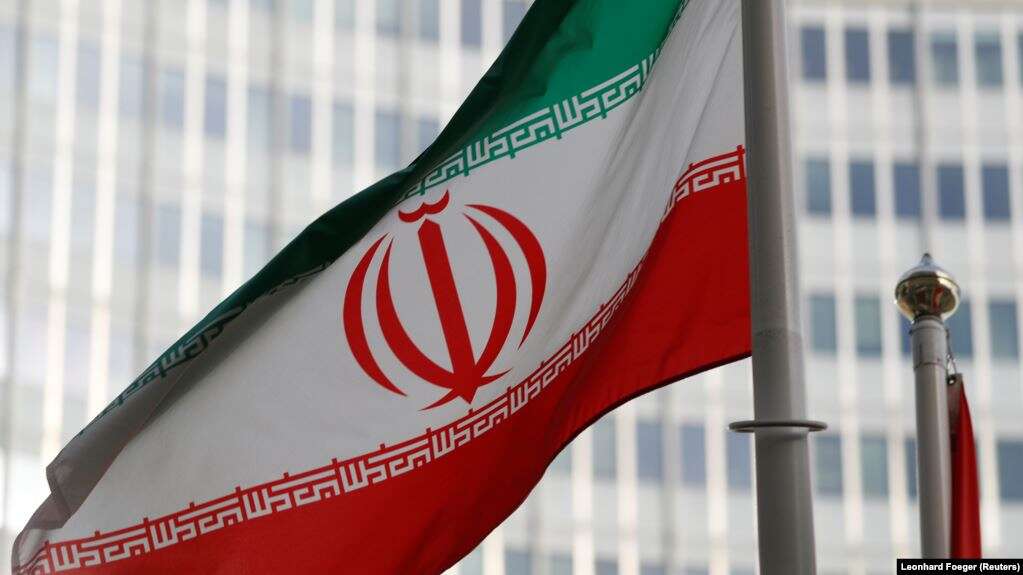Danial Kassrae, an Iranian holding Italian citizenship, has been accused of espionage by Albanian authorities and placed on a flight to Rome on July 23rd, as reported by Formiche.net.
The day before, Albanian interior minister Sander Lleshaj had signed an order declaring the 29-year-old persona non grata and barring him from entering Albania for the next 15 years.
Mr Kassrae is suspected to be working for MOIS, Tehran’s intelligence agency. Allegedly, he was attempting to infiltrate an Albanian-based Iranian resistance group, Mujahedeen-e-Khalq (MEK), and recruit some of its members. According to Albanian authorities, the aim of the operation was to “gather information to aid a demonisation campaign against the group and facilitate terror attacks”.
The MEK is regarded as the biggest Iranian political opposition group, counting more than 4,000 mujahedeen headquartered in the Ashraf-3 camp in Manza, Albania, where they live in near complete isolation. Its members advocate the end of the Islamic Republic of Iran regime, which in turn considers them terrorists.
Western nations and the UN have delisted the MEK as a terrorist organisation roughly a decade ago.
Tirana has been curbing Tehran’s operations in its territory for some time. Last January, two Iranian diplomats were expelled by their embassy in Albania because they were linked to Iranian general Qassem Soleimani, the former leader of the Quds special forces killed by a US airstrike. An ambassador and another diplomat were kicked out in 2018 for being a “security threat”.
Oddly enough, Albanian authorities refrained from imprisoning Mr Kassrae, preferring instead to place him into a refugee camp and send him off to Rome the next day. According to two sources involved in Iranian intelligence sources, this happened out of “fear of repercussions” from Tehran.
“Albania has been in Tehran’s crosshairs for years, it suffices to note how many diplomats of the [Iranian] regime were expelled in the last months,” one of these sources told Formiche.net. The other explained that “the official and unofficial channels of Iranian intelligence diplomacy are particularly active in safeguarding spies and informants, and they benefit from high levels of acquiescence.”
Nicola Pedde, an Iran expert analyst and director of the Institute for Global Studies (IGS), believes that Mr Kassrae, though most likely linked to MOIS, should not be overrated. In his view, the young operative was probably on the lookout for “excellent defections to launch a mediatic operation in line with the Iranian narrative on MEK,” which is standard practice for Tehran.
The analyst expressed scepticism at the emphasis that the Albanians placed on Mr Kassrae, noting that “if you’re someone who has been accused of espionage, you don’t get out of the country as persona non grata and you don’t get sent to a third country.”
If Mr Kassrae really was as dangerous as he has been portrayed by Shish, the Albanian secret service, he would have been arrested, and the Americans and the Israelis would have been only too happy to put their hands on a MOIS agent, argued Mr Pedde.
He also dismissed the claim that Tirana would have been dogged by Tehran, as Iranians in Albania are very few and are under the international community’s control. Another source with knowledge of intelligence agencies confirmed to Formiche.net that Mr Kassrae is not a significative MOIS asset.
The Albanian media have insistently referred to Mr Kassrae as “Italo-Iranian” and have reported that he had worked in Rome as a journalist for Iranian state news agency Press TV, although this may be disputed given his penchant for disguises (he reportedly dressed up as a journalist, a policeman and a call centre operator to infiltrate the MEK camp).
The Italian media, on the other hand, have ignored his arrival for the most part.








